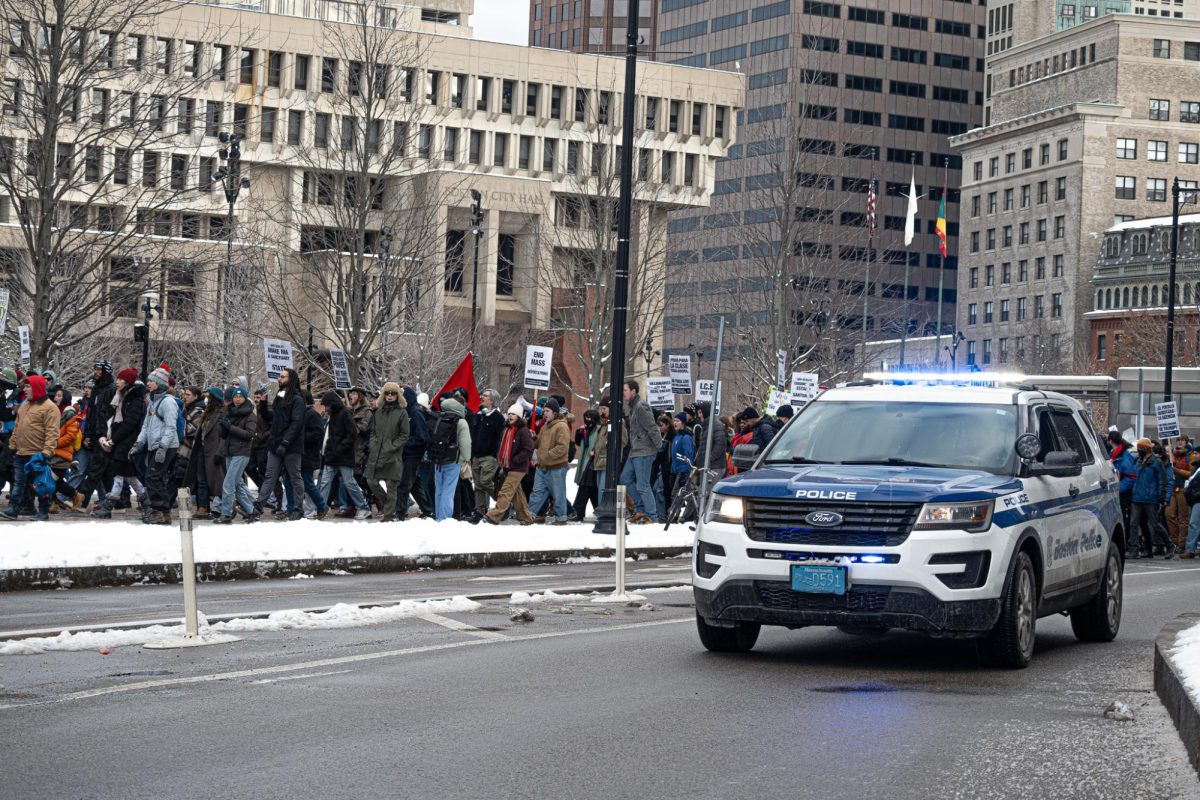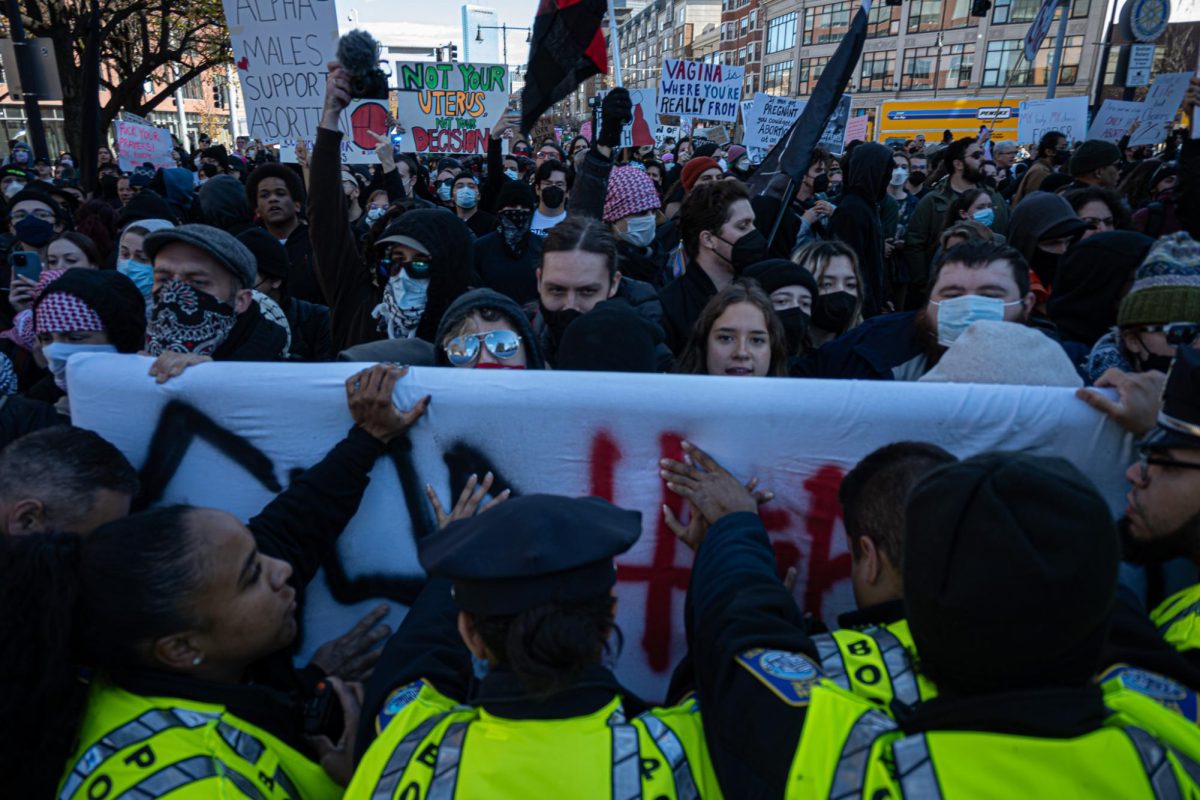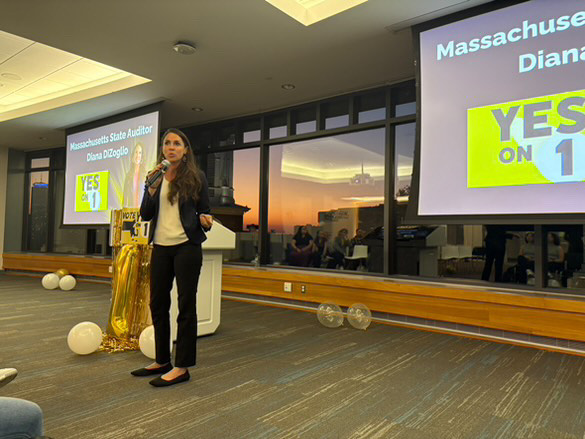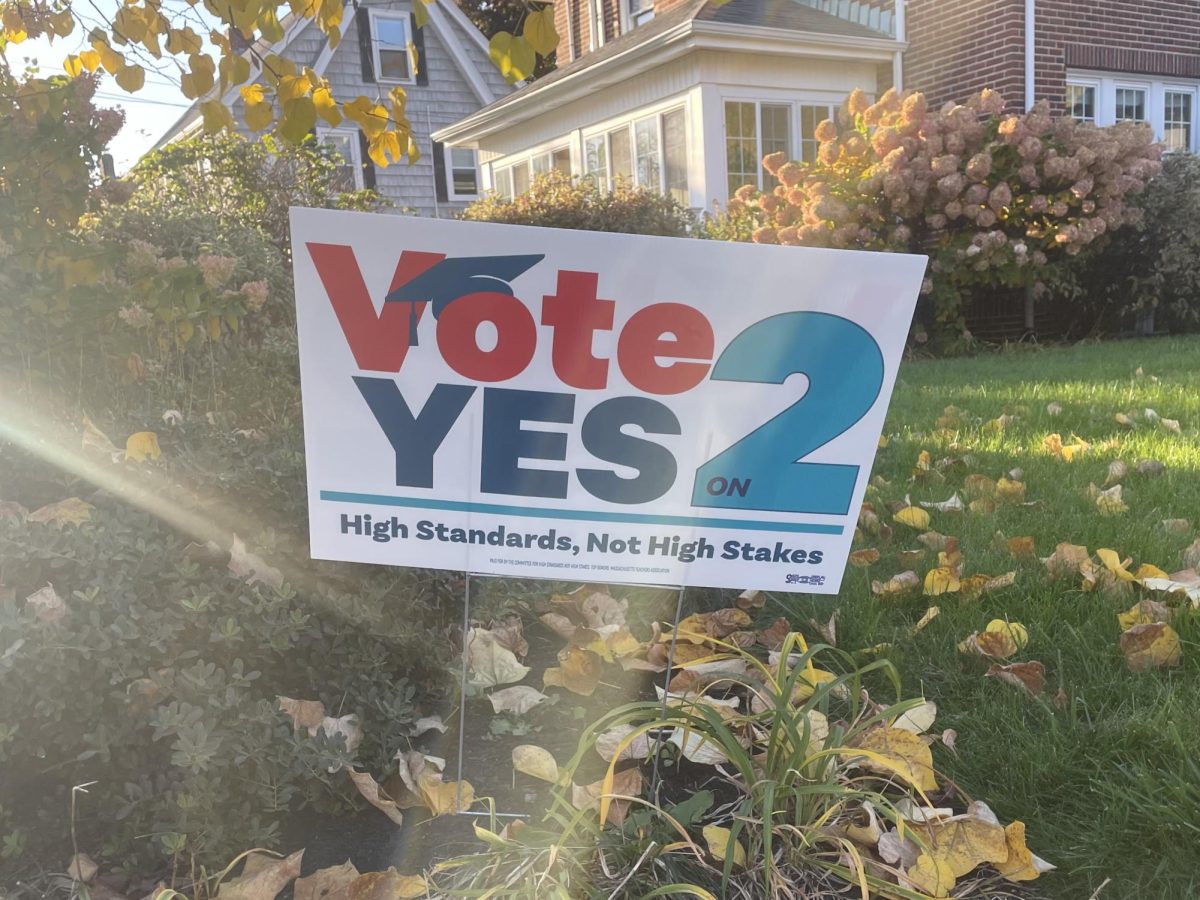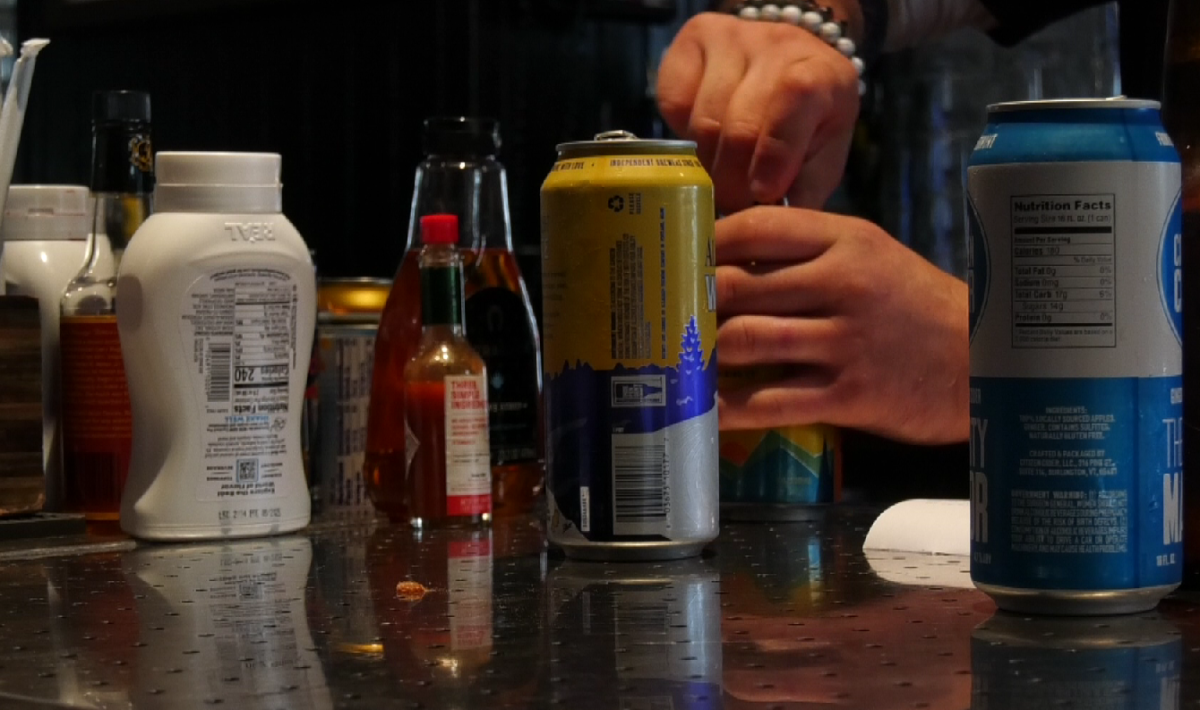When Todd Wallack first decided to pursue investigative journalism as a career, he was driven by the field’s ability to hold the powerful accountable, uncover hidden truths that communities deserve to know and motivate change.
Despite days, weeks, months and even years of hard work, one key component of Wallack’s reporting creates a massive roadblock: public records.
As an investigative and data reporter at WBUR, one of Boston’s three NPR stations, the state’s public records exemptions and systems frequently make his work near-impossible, even fully stopping stories from being reported.
“I think the public deserves to know if people are misusing the system, but it can be challenging to get records in Massachusetts. You’ll hear about challenges everywhere you go, I just think they’re worse here than most other places,” said Wallack.
In 2015, Wallack reported on Boston’s parking permit system that was leaving many fighting to find a spot within walking distance of their offices and homes while others laid claim to nearly a dozen permits. Driven by city records and data, Wallack’s reporting led to the city reevaluating the permit system.
Hoping to shine a light on how other local cities handle their permits, Wallack requested similar records from Cambridge and Somerville. Both cities denied his access to the records, leading to an appeal to the secretary of state. Despite a ruling from the secretary of state that Wallack was entitled to the records, Somerville filed a lawsuit to get the ruling overturned.
Nearly a decade later, the case has not been closed, and the story remains untold.
This experience is not an unusual one for Wallack and other reporters in the Bay State. Faced with what Wallack called an “alphabet soup” of exemptions codified in state law for public records and a complex appeals process, critical reporting is deemed impossible with such narrow access.
Massachusetts public records law outlines 21 exemptions that can be cited by agencies when refusing access to a record. The first is a “statutory exemption” that ties in an undefined number of other statutes as a valid reason for records to be refused. The ambiguity of this exemption makes it difficult for journalists and the public to keep track of what they have access to.
“It’s like a kitchen sink exemption that says if there’s any other law that says it’s confidential then it’s not public record,” said Wallack. “There are probably hundreds of separate laws that mention somewhere that these particular records are exempt, whether it’s educational records, whether it’s records about child abuse, it goes on and on and on.”
Massachusetts is the only state in which the executive, legislative and judicial branches are all exempt from public records. Massachusetts and Michigan are the only two states in the nation that exempt the governor’s office.
Other exemptions include complete restrictions on access to records about sexual assaults and domestic violence unless there is a prosecution by the judicial process. Under current state law, these cases are put into separate, confidential incident report files and police logs. In Wallack’s view, this enables people in power to exist above the law with very few options for journalists to bring the truth to light.
“What about people who get special treatment – What if the mayor is accused and the police decide not to bring a case because it’s the mayor? I don’t know how you get those in Massachusetts unless somebody leaks them, so it’s very tricky,” said Wallack.
Public records are a crucial component in the work of investigative reporters, providing a trail of evidence for reporting that empowers communities and amplifies the voices of the silenced. For Wallack, these documents and data enable him to tell stories that are true and meaningful, not just the ones spoon-fed through press releases and conferences.
“Public records help give me details that I need for stories, they help me find powerful examples to illustrate stories, they help show that something important is going on when people might be afraid to say it. Sometimes, public records can give me access to data and information that even decision-makers didn’t realize because nobody had analyzed it or looked at it,” said Wallack.
Records are an integral part of Deirdre Fernandes’ work as a reporter for the Boston Globe’s Spotlight team. This year, she and the team have worked on reporting on the influx of migrants from the United States’ southern border to Massachusetts, whom the state has spent roughly $2 billion to house over the last two years.
Cities and towns throughout the state have converted hotels and other buildings into shelters according to Fernandes, but media access into the shelters has been extremely limited and even the locations of these shelters are not public information, leaving living conditions and how taxpayer dollars are being spent as a mystery.
This year alone, the Spotlight team has filed around 40 public records requests to determine the locations and details of the shelters and have been met with mixed responses from the agencies and locales it has requested from.
“We had made a records request back in May for some information and the state is finally trickling out and releasing some of them. We’ve even paid $1,000 for it, but [the state] is finally releasing some of it now … There’s been a lot of redactions that we’ve pushed back on, like ‘why are you redacting this? What exactly is the reason here?’ And we don’t exactly buy the reason they’re offering,” said Fernandes.
Fernandes has also run into delays with receiving records. With the importance of timeliness in reporting, these long timelines alone can put stories in jeopardy. Massachusetts law states that records access officers reply to requests within 10 days of receiving them, but extensions can be filed to the supervisor of records or a rolling release schedule can be set.
“That’s their tactic, to push it out so far that it’s no longer newsworthy,” said Fernandes.
In other states around the country, records are much more accessible. For David Fleshler, a Pulitzer Prize-winning investigative reporter for the South Florida Sun Sentinel, many of the records he needs are accessible online without the need of filing a request. Florida was the first state to put citizens’ access to public records and open meetings in the state constitution in 1992.
“Our state court website for each county, the criminal and civil courts, are great compared to other states because I can go online and get lots of court documents, I can get police affidavits, I can get details on criminal charges against different people,” said Fleshler.
Over the past eight months, Fleshler investigated the state’s hundreds of illegal gambling casinos, a project he said he could not have done without public records. For the documents and data he had to file requests for, Fleshler said his access was generally granted. On the occasions where he was denied access, one of the Sun Sentinel’s lawyers reaching out to the agency moved the process along.
Fleshler was part of a team of journalists who reported on failings by law enforcement and school officials that led to the shooting at Marjory Stoneman Douglas High School in 2018 that killed 17 people. As journalists from across the state and the nation pieced together what happened that day, some of Fleshler and his team’s records requests were denied, but a group lawsuit filed by multiple area newspapers led to their release while also keeping costs for each individual paper down.
Despite having broader access than Massachusetts, Fleshler said there is still work to be done with transparency in Florida. Previously, Florida Gov. Ron DeSantis used executive privilege to have all records requests go through his office regardless of what agency they were originally filed to, ringing alarm bells for journalists and government watchdogs as reported by NBC.
“The law is very broad and it puts the burden on the agency to justify… The law is good, the execution sometimes is not great. It can take a long time to get records in Florida,” said Fleshler.
For Massachusetts journalists like Wallack and Fernandes, current state law often leaves them with gutted stories that are never able to be seen. Looking forward, they hope the state can look to others as an example, decrease exemptions and allow them to tell the critical stories of their communities.








